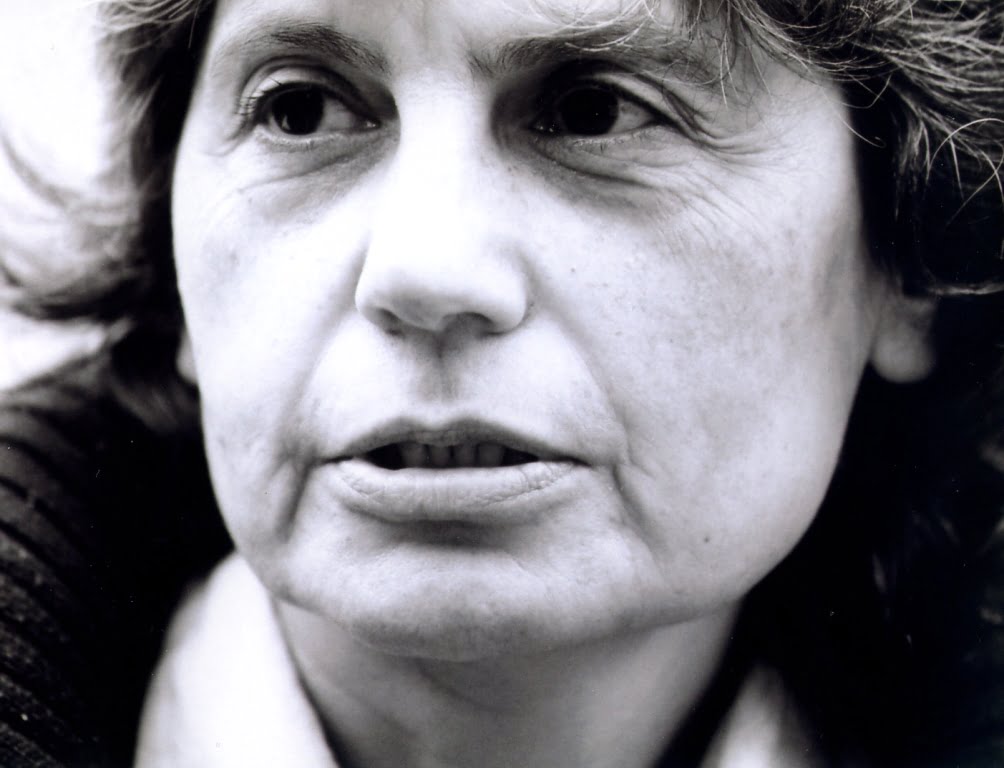
Cécile Wajsbrot
- France
- Zu Gast beim ilb: 2007, 2017
Cécile Wajsbrot was born in Paris in 1954, the daughter of Polish Jews. Although her family had fled to France, her grandfather was deported to Auschwitz, where he was killed; her mother and grandmother only narrowly escaped a police raid. Wajsbrot’s work is characterized by her examination of her family’s fate and Vichy France’s collaboration with Nazi Germany, which has been barely – and only belatedly – discussed and acknowledged publicly. She initially studied comparative literature, and was a French teacher for eight years before she published her first novel, »Une vie à soi« (1982; tr. A life of one’s own). She later worked as a literary editor for various print media. Since the early nineties, she has been a freelance writer and translator of works from English and German into French, by writers such as Virginia Woolf and Marcel Beyer, Peter Kurzeck, among others.
Wajsbrot’s works provide a sharp contrast to the polemics and pathos of high-level contemporary French literature as represented by writers such as Houellebecq and Beigbeder. At the same time she reacts against the artistic, self-referential style of the nouveau roman and a literary idea based on postmodern »écriture«. Wajsbrot summarizes her highly respected polemic »Pour la littérature« (1999; tr. For literature) as follows: »The nouveau roman, and everything that came afterwards in France, is shrouded in silence. … The écriture is essentially narcissistic. Literature, by contrast, includes others in its representations.« Her own works address the importance of memory and examine the possibilities of communication. »La Trahison« (1997; tr. The betrayal) is the story of a veteran radio host whose cowardly behavior during the Nazi occupation ultimately leads him to commit suicide. »Nation par Barbès« (2001; tr. Nation via Barbès), often described as a »chamber play«, tells the destiny of a Bulgarial illegag immigrant in Paris, where the metro plays an important part. »Caspar Friedrich Strasse« (2002; tr. Caspar Friedrich Street) takes the form of a speech by a fictional East German poet to celebrate the inauguration of a street. »Mémorial« (2005; tr. Memorial) is the account of a young woman travelling across Poland in search of her ancestors. »L’hydre de Lerne« (2011; tr. The Hydra of Lerna) describes the process of losing her father to Alzheimer’s disease. »Totale éclipse« (2014; tr. Total eclipse) belongs to a novel cycle about art and deals with photography and pop music.
Cécile Wajsbrot is a 2016 Prix de l’Académie de Berlin laureate. She lives in Paris and Berlin.
Mann und Frau den Mond betrachtend
Liebeskind
München, 2003
[Ü: Holger Fock u. Sabine Müller]
Im Schatten der Tage
Liebeskind
München, 2004
[Ü: Holger Fock u. Sabine Müller]
Aus der Nacht
Liebeskind
München, 2008
[Ü: Holger Fock u. Sabine Müller]
Die Köpfe der Hydra
Matthes & Seitz
Berlin, 2012
[Ü: Brigitte Große]
Eclipse
Matthes & Seitz
Berlin, 2016
[Ü: Nathalie Mälzer]
